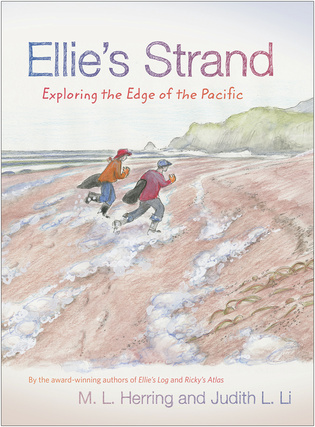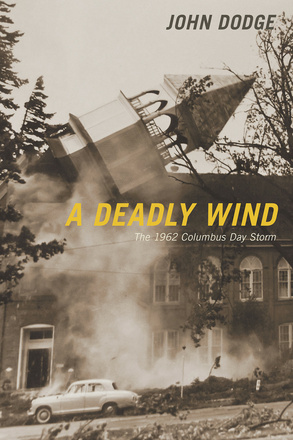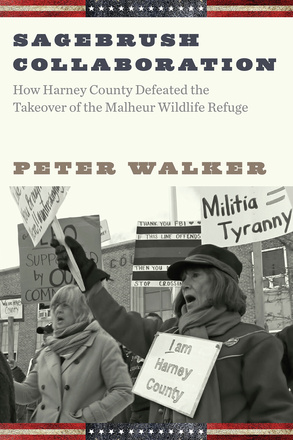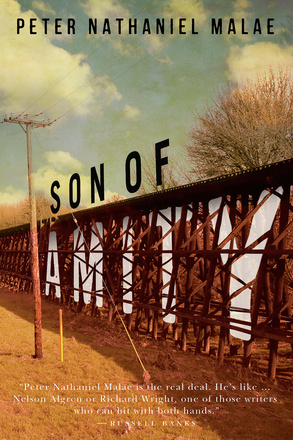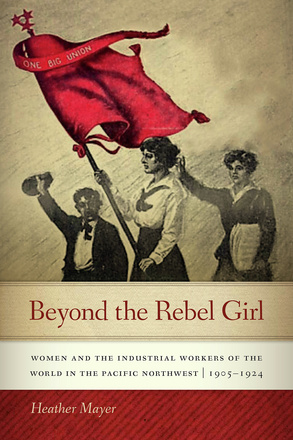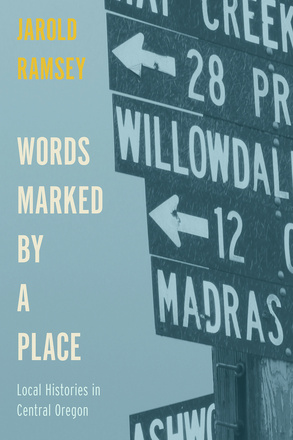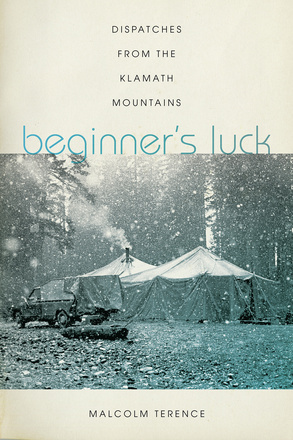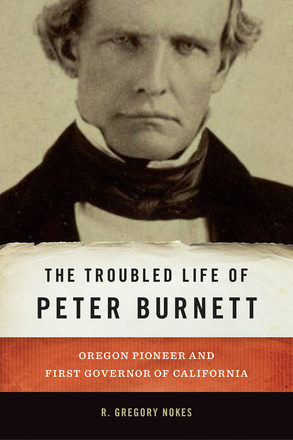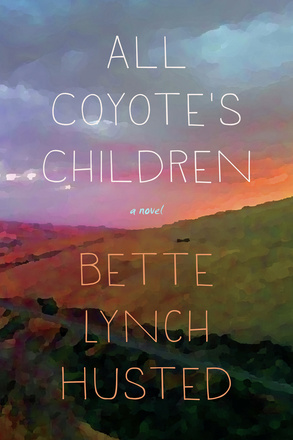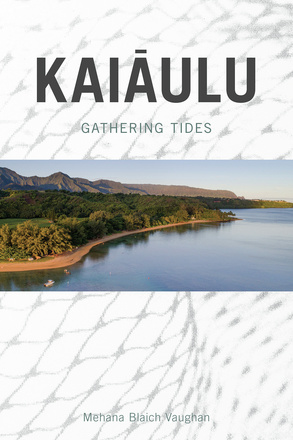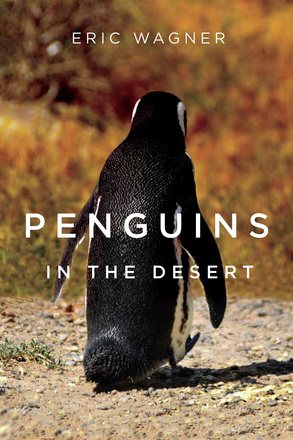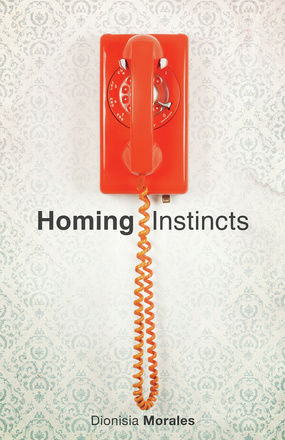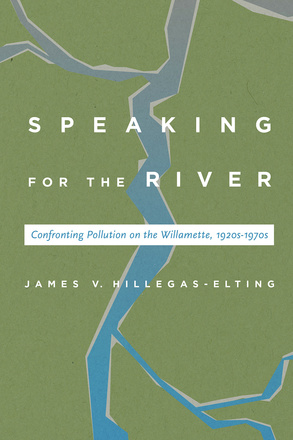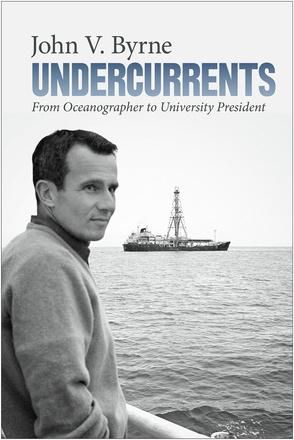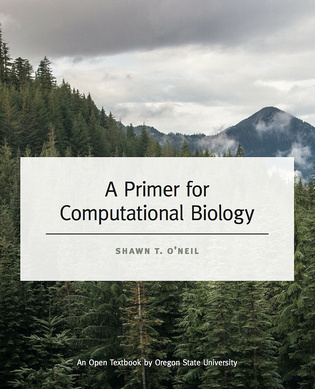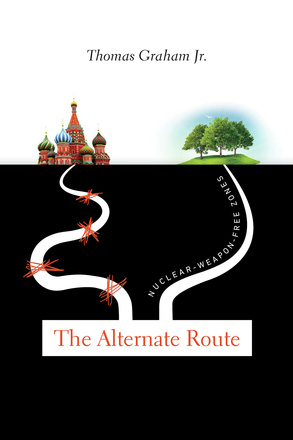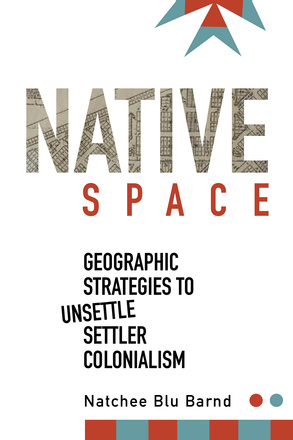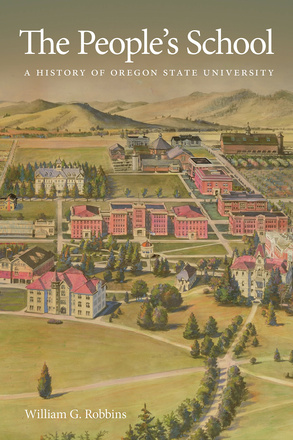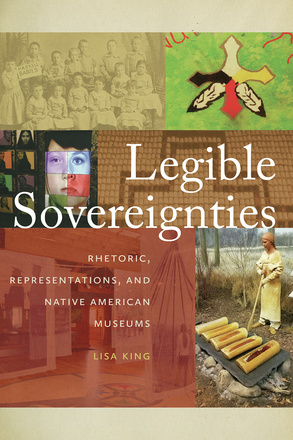Oregon State University Press
For fifty years, Oregon State University Press has been publishing exceptional books about the Pacific Northwest—its people and landscapes, its flora and fauna, its history and cultural heritage. The Press has played a vital role in the region’s literary life, providing readers with a better understanding of what it means to be an Oregonian. Today, Oregon State University Press publishes distinguished books in several academic areas from environmental history and natural resource management to indigenous studies.
Grit and Ink
An Oregon Family’s Adventures in Newspapering, 1908–2018
Ellie's Strand
Exploring the Edge of the Pacific
A Deadly Wind
The 1962 Columbus Day Storm
Sagebrush Collaboration
How Harney County Defeated the Takeover of the Malheur Wildlife Refuge
Beyond the Rebel Girl
Women and the Industrial Workers of the World in the Pacific Northwest, 1905-1924
Words Marked by a Place
Local Histories in Central Oregon
Beginner's Luck
Dispatches from the Klamath Mountains
The Troubled Life of Peter Burnett
Oregon Pioneer and First Governor of California
All Coyote's Children
Kaiaulu
Gathering Tides
Penguins in the Desert
Homing Instincts
Homing Instincts is a collection of personal essays that explores the ways we define “home” at different stages of our lives. Based on pivotal moments in the author’s life in New York City and Oregon, Homing Instincts bridges the gap between where we are and the stories we tell ourselves about where we think we belong.

